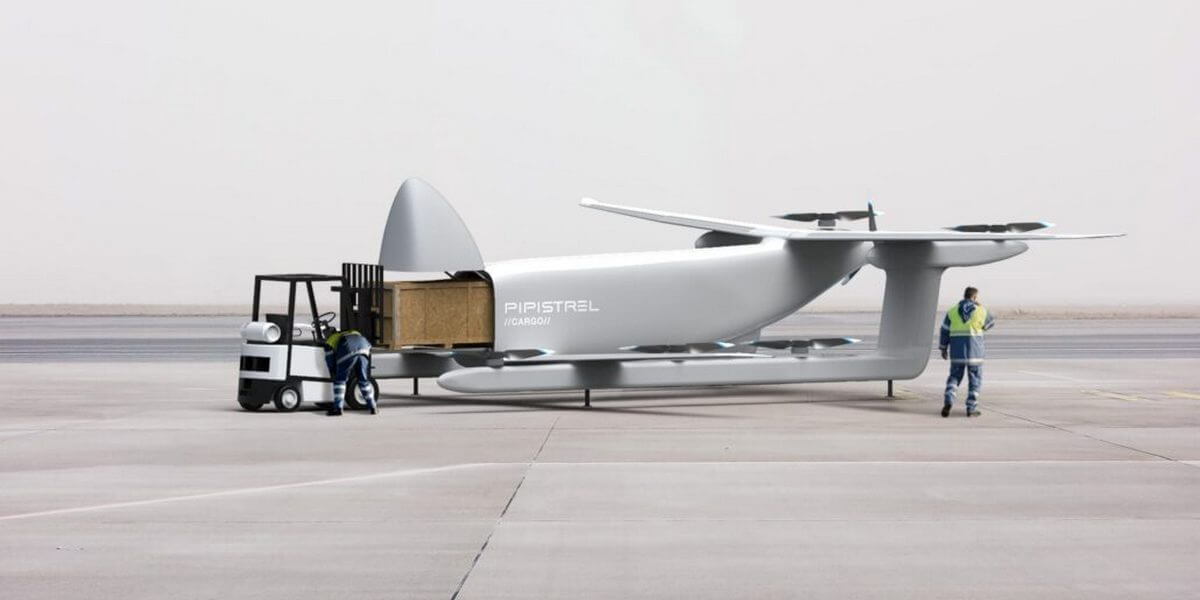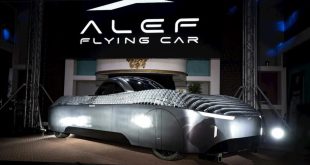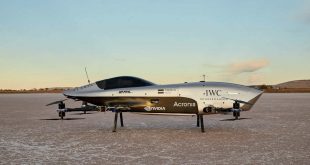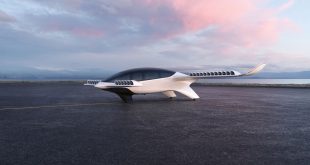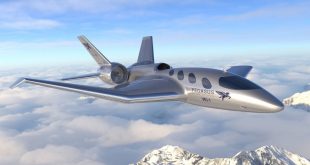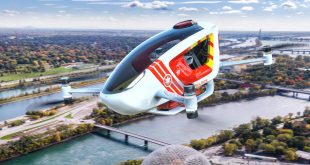Pipistrel is ready to take orders for its hybrid-electric eVTOL cargo carrier, called Nuuva V300, good enough to carry up to 1000 lbs.
The Slovenian aircraft company aims to produce eVTOLs for various purposes in times to come, which will all be equipped with different technical abilities.
Although Pipistrel has been producing aircraft and gliders since the 80s, its electric division only kickstarted around 2007. Interestingly, the company flew its first aircraft in the early 1980s secretly due to legal regulations imposed by the Yugoslavian government. In 1989, Pipistrel finally flew its first ultralight trike simply called Basic, and sold about 32 of these.
Since then, the company has definitely come a long way as they start taking orders for its newest hybrid-electric eVTOL cargo carrier.
Dubbed the Nuuva V300, Pipistrel’s cargo carrier is able to carry a load of about 1000 pounds (460kg). However, the distance hasn’t been clarified yet. Nonetheless, the load-to-distance ratio for lighter weights has been released even though it might not be proportional throughout with increasing load.
The aircraft can carry 110 pounds (50kg) to a maximum distance of about 1500 miles. Additionally, the company has also planned a smaller variant, called the V20, which can carry a payload of about 44 pounds (20kg) over short distances.
The V300 has four independent vertical-thrust electrical motors on twin brooms and an internal combustion engine offering horizontal thrust when cruising. Besides, the aircraft possesses high-aspect-ratio wings with a low-mounted one at the front and a high-mounted one in the rear.
Talking about the eight independent electric motors, the company has used its own battery-powered E-811 units.
The company has stated that its aircraft incorporates concepts from both airplanes and helicopters. Furthermore, the operational cost is only a fraction of the typical cost of other rotary-wing vehicles, which is a major boost for the project.
The prospect of different eVTOLs being developed sure promises to significantly change the unmanned commercial transport market in years to come but, just like the electric car segment, it’s safe to assume that it will become more and more competitive as new startups and small manufacturers start to jump on the bandwagon.
Interesting times!


